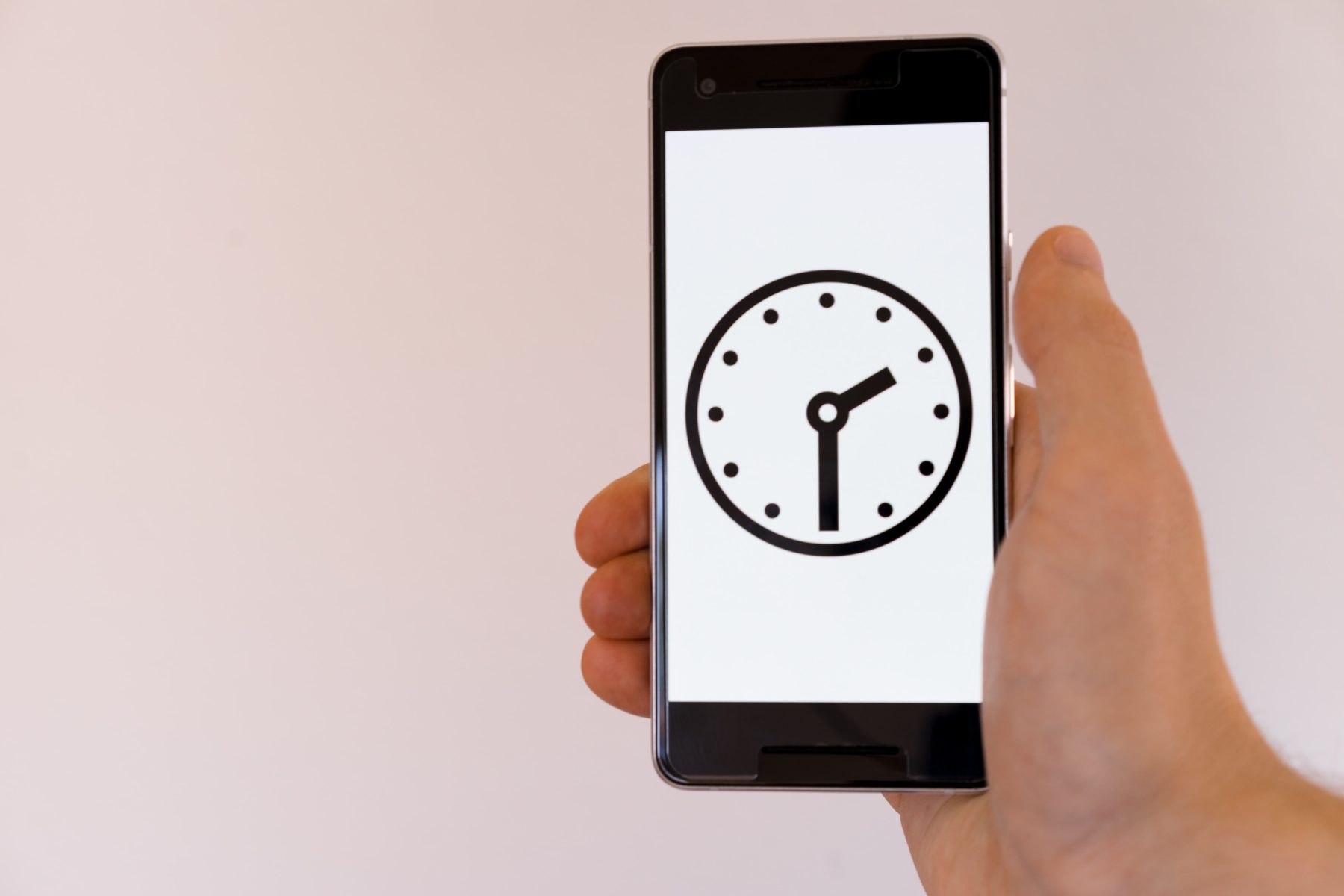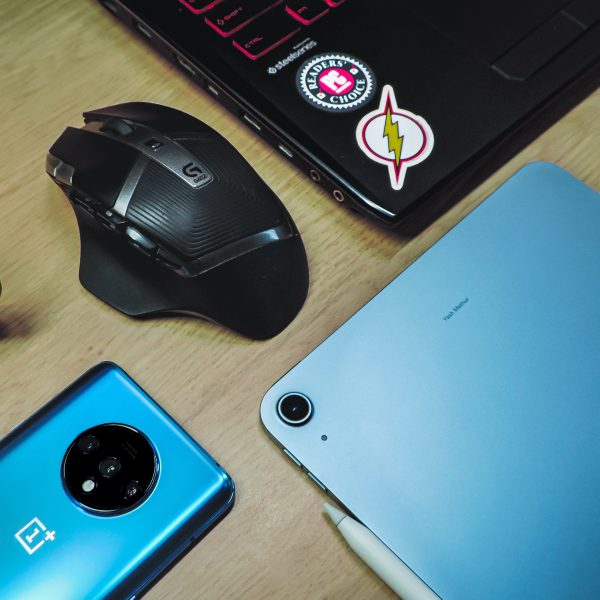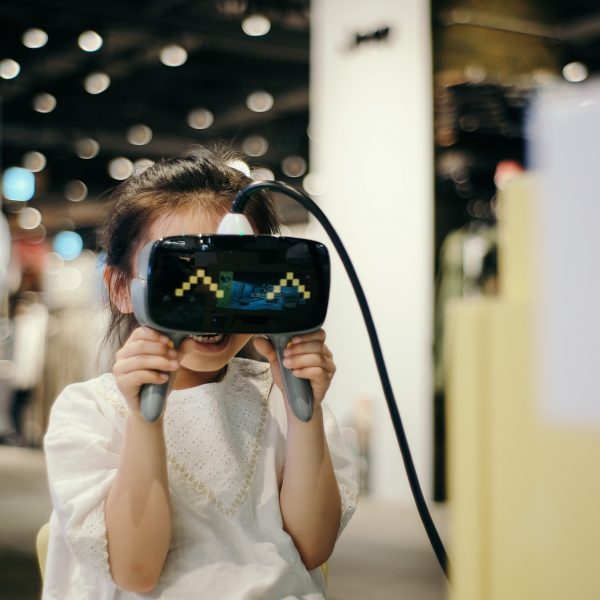Australia will lead world-first study into screen time for children aged 0-8

Australian researchers will lead a world-first study which aims to provide better guidelines for parents, teachers, early childhood educators and policymakers on the use of digital technology in early childhood (birth – eight years of age).
The Digital Child project will follow 3,000 Australian families over seven years, and will track young children’s digital engagement, investigating how much it affects their health, education and connectedness.
With many educators and parents feeling anxiety about the amount of time young children in their care spend engaging with screens, the research will be of interest to those in the early childhood education and care (ECEC) sector.
The current Australian guidelines recommend no screen time for children under two years of age, less than one hour per day for children aged between two and five years of age, and no more than two hours per day for children aged between five and 17 years.
Digital technologies are now more prevalent than when the guidelines were created, Curtin University education researcher Associate Professor Karen Murcia said, and this is shaping and influencing the experience of childhood for many.
As such, the researchers have a vision to come together through the cross-disciplinary lenses of health, education and media connectedness, to understand the impact that the digitisation of childhood is having.
Guiding questions include:
- Is the technology designed in a way that it’s appropriate for young children?
- Does it actually support their thinking and creativity, or is it encouraging this passive learning or receiving of information?
Three research programs
Digital Child’s “huge remit” is grouped into three research programs – health, education and connectedness.
The Healthy Child stream will study screens and physical wellbeing, language and cognition, and video games.
The Educated Child program will look at learning in diverse settings, digital technology design to inform learning, and active learning and play in a digital world.
The Connected Child stream will study data analytics, children online and commercialisation.
“Across all three of the areas, we’re really looking to give voice to the children,” Ms Murcia explained. “So it’s not just research that’s done to them but, importantly, giving agency so they can actively contribute to it and shape directions.”
The Centre of Excellence for the Digital Child is based at the Queensland University of Technology and involves researchers from five other Australian universities, including Curtin and Edith Cowan.
There are 18 other highly regarded partner institutions, including Scitech, Google Australia, Playgroups WA, SBS and the State Library of WA.
To support the research Digital Child is currently offering two PhD scholarships in children’s creativity and connectedness with digital technologies. Successful applicants will be embedded with the Scitech creative team.
For more information on the Digital Child project, see here.
Popular

Workforce
Policy
Quality
Practice
Provider
Research
ECEC must change now, our children can’t wait for another inquiry
2025-07-02 07:47:14
by Fiona Alston

Events News
Workforce
Marketplace
Practice
Quality
Provider
Research
An exclusive “Fireside Chat” with ECEC Champion Myra Geddes
2025-07-01 11:25:05
by Fiona Alston

Practice
Provider
Quality
Workforce
Leading with Curiosity: How distributed leadership is redefining the future of early childhood education
2025-07-03 07:42:07
by Contributed Content











